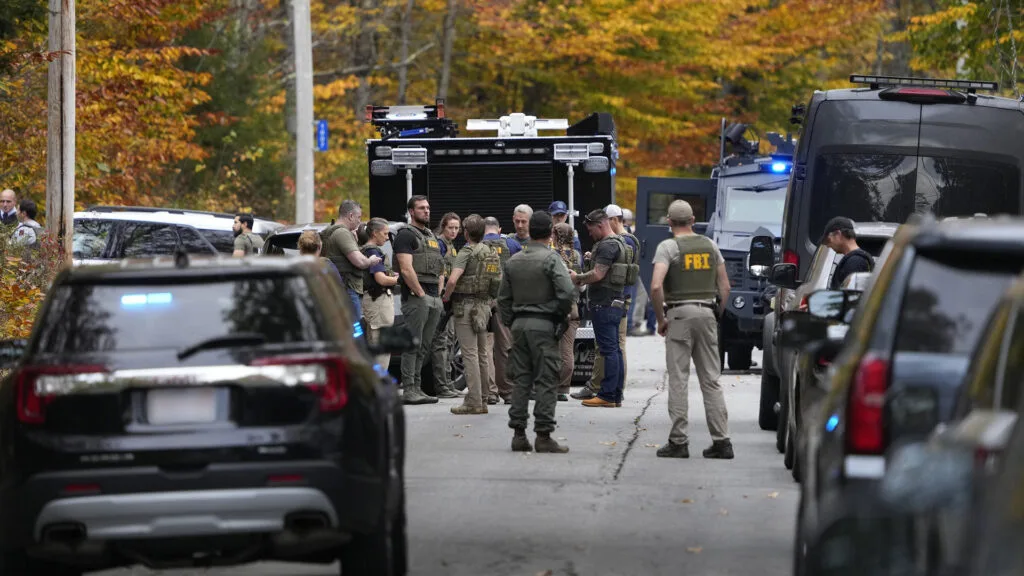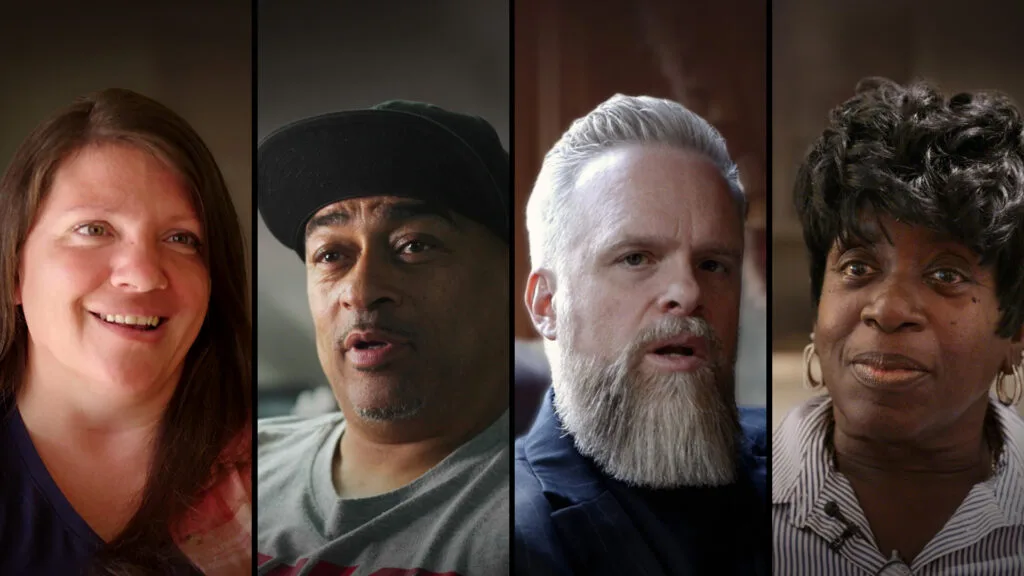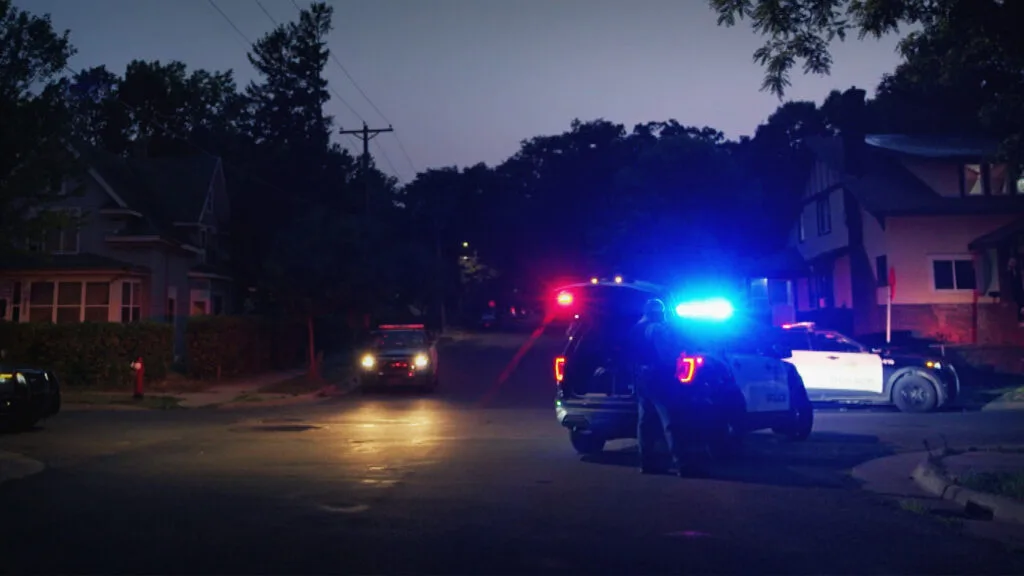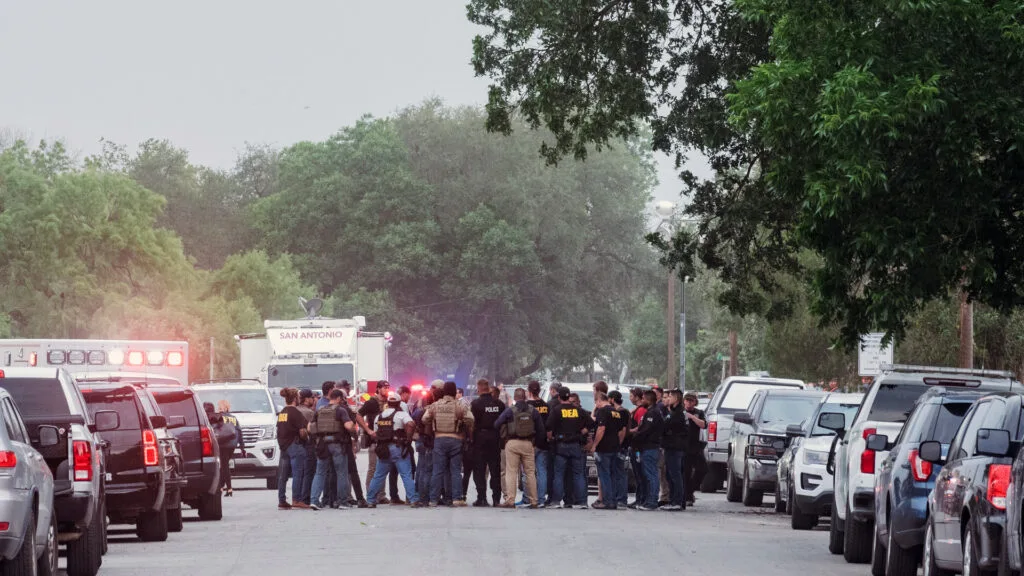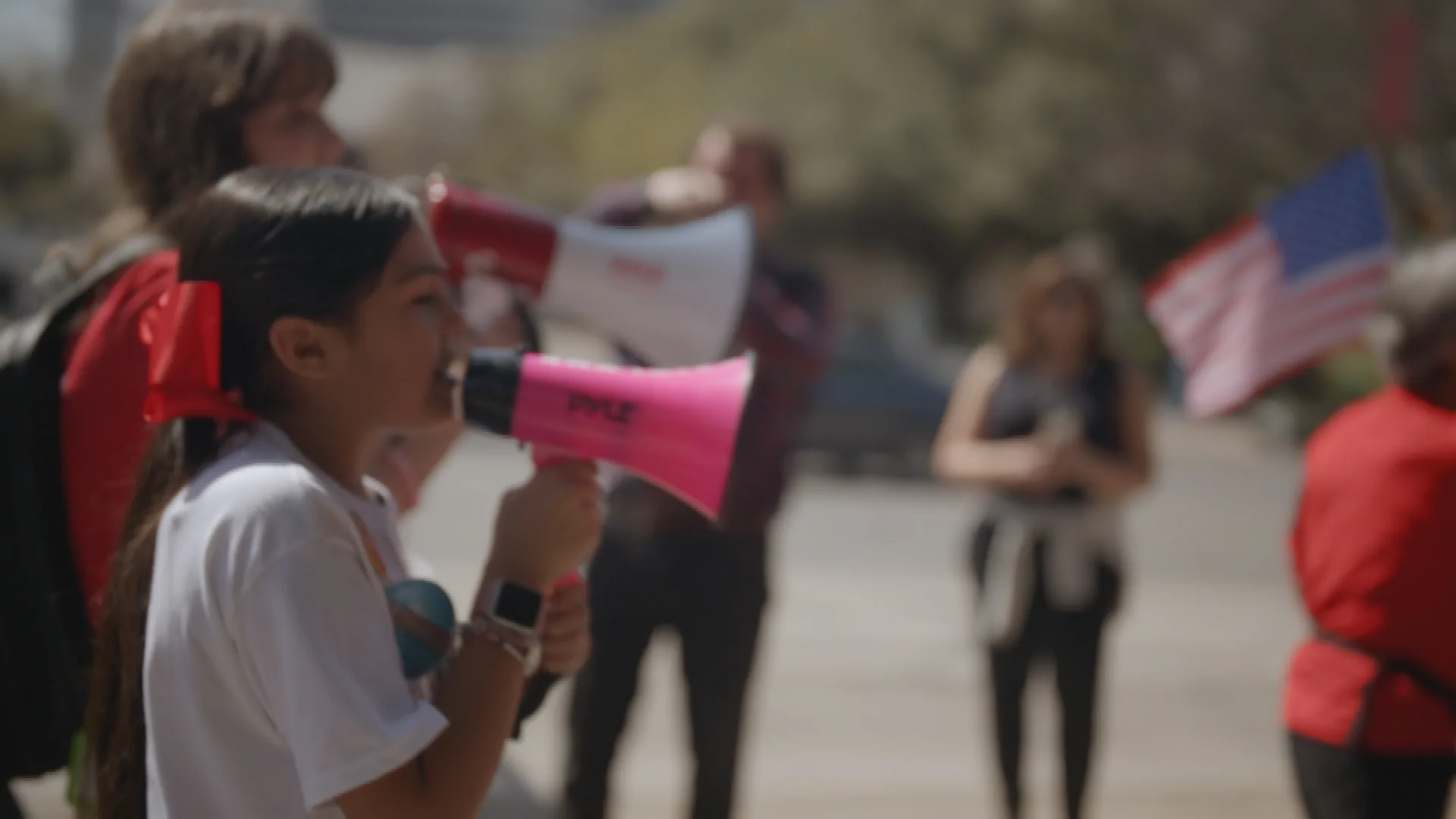After Uvalde, Gun Safety Groups Amped Up Spending in Texas This Year, But Will Still Likely Be Outspent
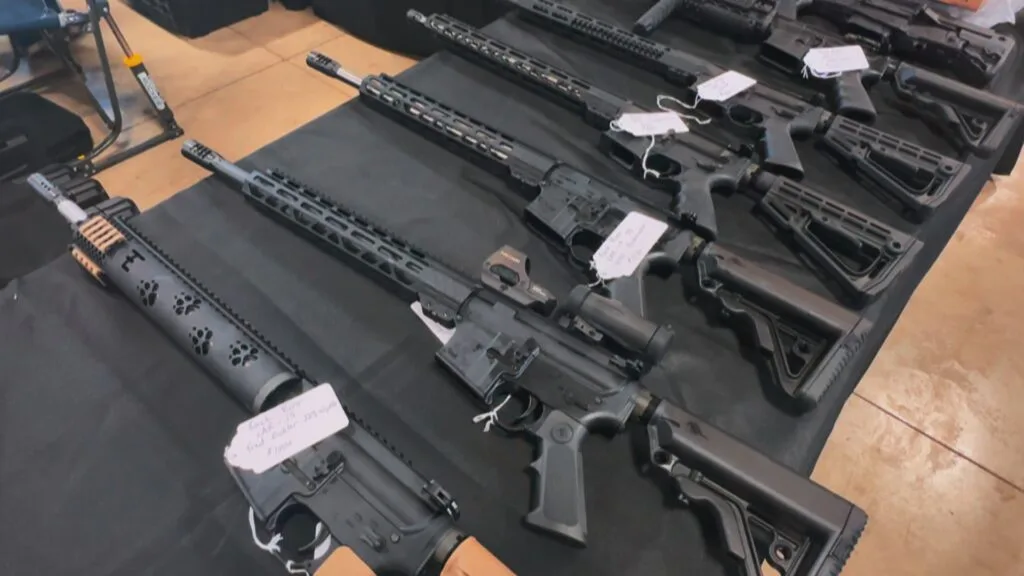
June 2, 2023
Share
In Texas this year — against the backdrop of the first legislative session since the deadly shooting in Uvalde — gun rights groups are likely to outspend gun safety groups, according to data from OpenSecrets and the Texas Ethics Commission. Gun safety groups planned to spend at least $333,000 this year, while gun rights groups planned to spend at least $475,000.
The sum is an uptick in spending by gun safety groups since the last Texas legislative session in 2021. But the political arena in Texas still favors expanded gun access.
In the most recent legislative session, Texas House and Senate bills to raise the age from 18 to 21 to legally purchase certain weapons — like the AR-15-style weapon used in the Uvalde massacre — never made it to the floor. That follows a pattern: The Texas Tribune and ProPublica found that since 1966, over two dozen proposed bills would have prevented shooters from legally acquiring the weapons they used in seven of the state’s mass shootings. None made it to the floor.
FRONTLINE’s latest documentary in collaboration with Futuro Investigates and The Texas Tribune, After Uvalde: Guns, Grief and Texas Politics examines how the idea of restricting guns is a deeply polarizing issue in Texas’ Republican-led legislature and also documents the community’s response in the aftermath of the tragedy. Here, FRONTLINE compared spending on lobbying by groups on both sides of the issue using data from OpenSecrets, an independent research group that tracks money in politics, and the Texas Ethics Commission, the state agency that collects lobbying disclosures.
Texas requires individuals who are paid to lobby to disclose their compensation if it’s above a certain amount (more than $1,760 in 2023) within a three-month period. The vast majority of that reported spending on lobbying — over 90% — goes toward compensating lobbyists, OpenSecrets data shows. Lobbyists have to register and report their compensation to the Texas Ethics Commission at the start of each year, and must amend it by the end of the year if they ultimately receive more money than they initially reported, according to state guidelines.
Instead of disclosing exactly how much they’re paid, lobbyists can choose to report a broad range that their compensation falls into. This means that while gun rights groups plan to spend at least $475,092 on lobbying in 2023, they could spend $1,000,790. Gun safety groups may spend anywhere from $333,583 to $768,270 this year. The upper and lower bounds of those compensation totals for each group are shown in the chart.
These groups lobby solely on gun issues, although some left- or right-leaning groups that aren’t focused on a single issue may lobby for gun safety or expanded gun access as well.
Gun Owners of America, a nationwide nonprofit group that calls itself the “‘no compromise’ gun lobby” spent the most among gun rights groups this year. The group’s Texas state director, Wes Virdell, said that they increased spending in the state this year in response to legislation that would restrict gun access.
“Our major goal this year was to stop the anti-gun bills,” he told FRONTLINE.
Money spent on lobbying is only one factor in the landscape of gun regulation in Texas. Candidates are given ratings by the NRA and other groups based on their record of supporting expanded gun access, and election campaigns — mostly at the national level — also receive funding from advocacy groups on both sides of the issue, or indirectly from political action committees.
Jim Henson, director of the University of Texas at Austin’s Texas Politics Project, said another factor is that Texas voters who strongly support gun rights tend to vote more often in Republican primaries in Texas than the average Republican. Voter turnout in primary elections in Texas has historically been low. Henson said the “infinitesimal part of the overall electorate” that turns out to vote in primaries for state Senate and House candidates tends to be more conservative and “those attitudes really affect gun policy.”
“If you blow up survey research and look at it from the top level, there are plenty of people in the state that favor reasonable gun control, if you will, which is how it’s being billed now,” he told FRONTLINE in an interview for the documentary. “But that’s not what’s driving primary elections, and it’s not what drives legislators’ very risk-averse behavior.”
“The way that the discussion is filtered through the political system right now gives [gun rights groups] an extra advantage,” he added in a follow up interview. “And I think we’ve really seen that during the session.”
Watch the full documentary After Uvalde:

Email:
julia_ingram@wgbh.orgRelated Documentaries
Latest Documentaries
Related Stories
Related Stories
Explore
Policies
Teacher Center
Funding for FRONTLINE is provided through the support of PBS viewers and by the Corporation for Public Broadcasting, with major support from Ford Foundation. Additional funding is provided the Abrams Foundation, Park Foundation, John D. and Catherine T. MacArthur Foundation, Heising-Simons Foundation, and the FRONTLINE Trust, with major support from Jon and Jo Ann Hagler on behalf of the Jon L. Hagler Foundation, and additional support from Koo and Patricia Yuen. FRONTLINE is a registered trademark of WGBH Educational Foundation. Web Site Copyright ©1995-2025 WGBH Educational Foundation. PBS is a 501(c)(3) not-for-profit organization.



